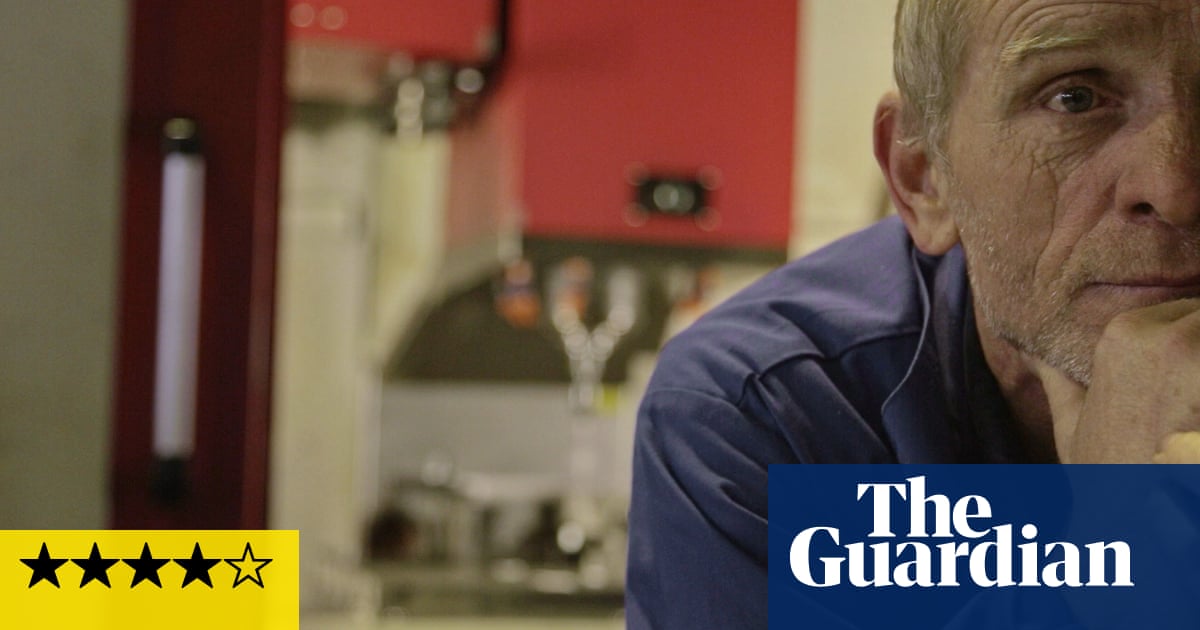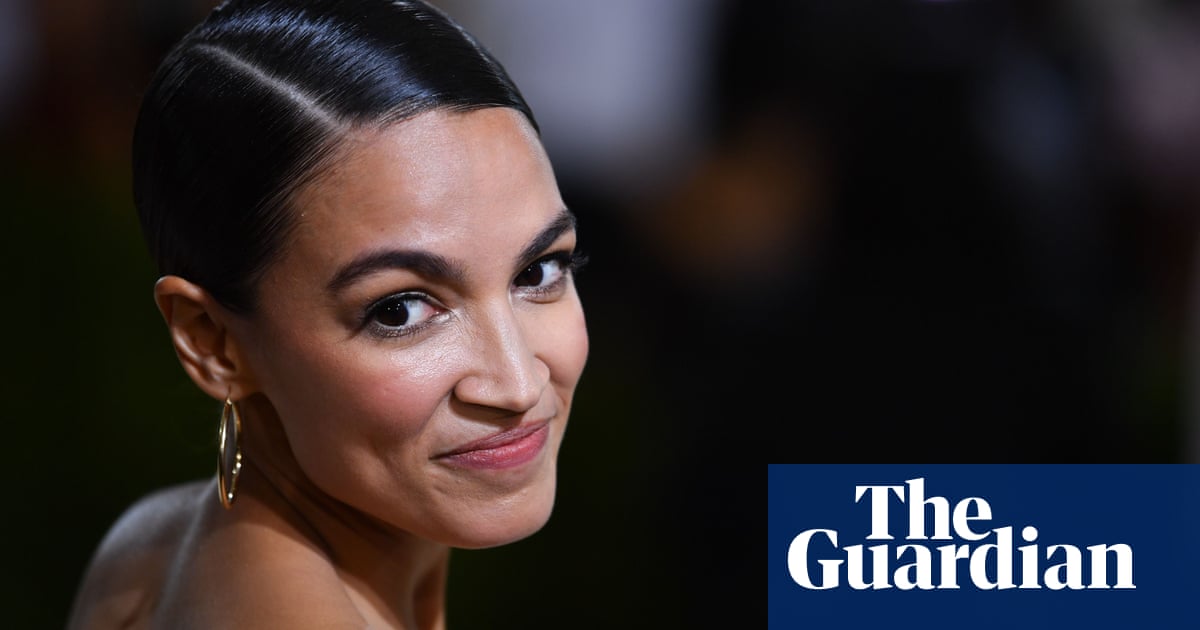
LONDON, July 9 (Reuters Breakingviews) - If something’s too good to be true, it probably is. Arif Naqvi, the founder of private equity fund Abraaj, promised to make money while doing good in emerging markets. “The Key Man” by Simon Clark and Will Louch describes how he treated the private equity group’s cash as his own, pocketing $780 million, around half of which is still unaccounted for. It’s a reality check for impact investing.
The Pakistani national set up Abraaj after successful bets on companies like Inchcape (INCH.L). He became a vocal proponent of stakeholder capitalism, which aims to create value for employees, suppliers and society as well as shareholders. Naqvi and his wife’s philanthropy was central to building a personal myth which duped the likes of Microsoft (MSFT.O) founder Bill Gates and private equity firm TPG, as well as pension funds and development organisations investing taxpayer cash. Operating in countries which many western investors shun because of the risk of corruption, he spoke often about the need for transparency and sound corporate governance.
This proved a smokescreen. Clark and Louch broke the story that investors were investigating Abraaj for mismanaging their money in the Wall Street Journal in early 2018. Their excellent book, which is more true crime than finance, describes in cinematic detail how Naqvi and his colleagues pumped up valuations, moved money between the company, its funds and their personal accounts, and lied about performance. It was a classic Ponzi scheme that needed to keep raising ever bigger sums to keep going.
Even before the venture unravelled, Abraaj faced setbacks. The authors describe how Naqvi invested in Turkish dairy company Yorsan in 2014 in the belief that, despite widespread anti-government protests, people would still drink milk. That simple thesis failed to take account of the country’s poor monetary management, which sharply weakened the lira, damaging returns for foreign investors. Meanwhile President Tayyip Erdogan sought to win support from farmers by buying their milk directly, circumventing companies like Yorsan.
By this point, however, Abraaj’s public relations machine had too much momentum. Naqvi was accepting awards for his charity work, setting up scholarships and corporate governance initiatives, and appearing on conference panels alongside the likes of TPG Chairman David Bonderman and Virgin founder Richard Branson. Yet by 2014 Abraaj was already struggling to pay back around $20 million it owed to investors in one fund, so it resorted to raiding another one. That meant inflating valuations and fudging returns, even though the methodology appeared to have the approval of a Harvard professor.
With the benefit of hindsight, Naqvi’s incessant self-aggrandisement was a red flag. In one speech, channelling Martin Luther King Jr., he said that he had a dream. Elsewhere he compared himself to Moses. Unfortunately, arrogance, flashiness and a messianic streak are all too common in finance. The industry also has its fair share of people who throw tantrums at their hard-working colleagues or attempt to build camaraderie through excessive drinking and extravagant teambuilding events. Not all of them are swindlers.
Even so, effective due diligence could have unearthed more serious warnings. Naqvi left a trail of shunted partners, who may have questioned his trustworthiness. Meanwhile, Abraaj’s ties with KPMG were uncomfortably close. The company’s chief financial officer had worked at the auditing firm and its Dubai head was Naqvi’s close friend. It was the United States government, not Dubai, which eventually brought charges of fraud and money laundering. Naqvi, who is in London awaiting extradition, denies wrongdoing.
It took investors years to twig something was wrong. It was not until late 2017 that Andrew Farnum, an executive with the Bill & Melinda Gates Foundation, raised concerns and demanded to see bank statements. The charitable institution had invested $100 million in an Abraaj healthcare fund; the endorsement helped the vehicle grow to $1 billion. By the time Farnum emailed to ask why the fund appeared to have lots of unused cash, Naqvi was well on the way to raising a $6 billion fund which would have paid Abraaj $120 million a year in management fees alone.
The demise of Abraaj raises uncomfortable questions for impact investing, which aims to deliver social or environmental benefits alongside returns for investors. It’s an investment strategy fraught with subjectivity and nuance. The hope is that disasters like Abraaj will serve as a warning of what can go wrong. Still, it’s unlikely to be the last time that investors are blinded by the promise of making money while doing good.
Follow @dasha_reuters on Twitter
CONTEXT NEWS
- “The Key Man: The True Story of How the Global Elite Was Duped by a Capitalist Fairy Tale”, by Simon Clark and Will Louch, was published on July 6 by Harper Business.
- “The Key Man: The True Story of How the Global Elite Was Duped by a Capitalist Fairy Tale”, by Simon Clark and Will Louch, was published on July 6 by Harper Business.












